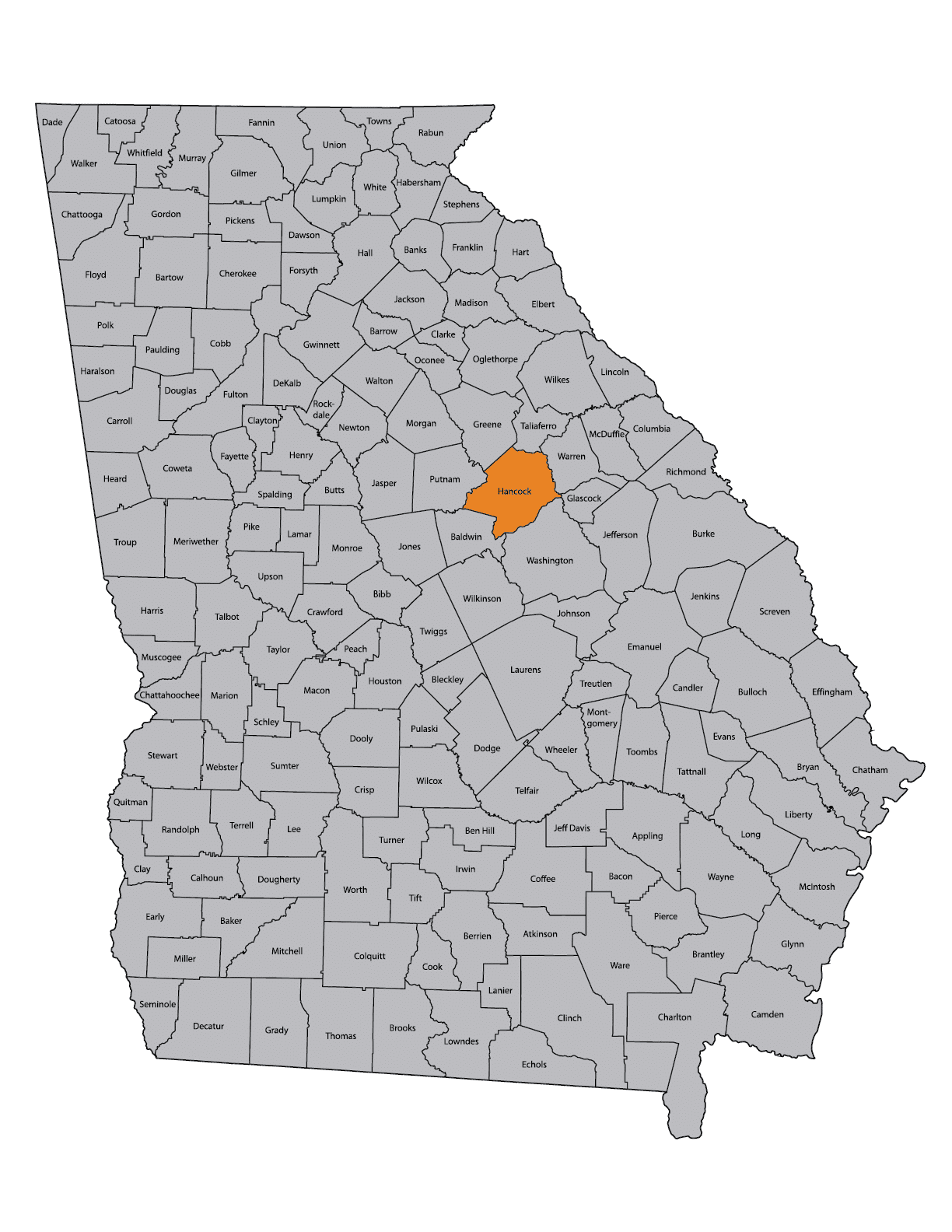
The Center awarded grant sub-contract with the Georgia Department of Public Health
The North Central Health District (NCHD) of the Georgia Department of Public Health announced a request for proposal (RFP) to conduct a needs assessment around COVID-19/flu vaccine hesitancy in the African-American population in Hancock County, Georgia. The needs assessment will inform NCHD’s ongoing implementation of community-focused COVID-19 and flu vaccination promotional activities aiming to increase vaccine awareness, access, and confidence among racial and ethnic minority groups experiencing disparities in vaccine coverage. Additionally, the needs assessment component is a part of a larger grant program, Racial and Ethnic Approaches to Community Health (REACH), funded by the Centers for Disease Control and Prevention (CDC).
Hancock County, which has the highest percentage of African-Americans in Georgia, has seen significant challenges during the COVID-19 pandemic. Prior to the pandemic, many concerns such as the high poverty rates, low educational attainment, decreasing population, and poor health outcomes created a challenging environment. Historically in the United States, health disparities, particularly burden of disease, has been disproportionate among communities of color, especially in Black or African- American populations when compared to White and other racial and ethnic minority populations. Stemming from the 1985 Report of the Secretary’s Task Force on Black & Minority Health which first documented this disproportion among Blacks termed as “excess deaths” to the highest flu-related hospitalization rates (68 per 100,000) from the 2009- 2019 flu seasons per the CDC, and now to the current COVID-19 pandemic in which Blacks continue to have the highest COVID-19 mortality rates in the United States and Georgia, further highlights the plight of the African American health experience. According to USA Today, at one point, Hancock County, had the highest COVID-19 mortality rates in the United States.
In being aware of the population health dilemma present in Hancock County, the Georgia Rural Health Innovation Center (“the Center”), in collaboration with the Mercer University School of Medicine, Department of Community Medicine, submitted a competitive proposal to NCHD and was subsequently awarded the grant sub-contract (award year May 2021-August 2022). Dr. Kimberly Carr, community resource specialist at the Center, is leading the project with the support of project team members Chris Scoggins, Director of Special Projects, Dr. Anne Montgomery, Biostatistician, and Dr. Brad Lian, Mercer University School of Medicine, Department of Community Medicine. One of the strengths of the selected proposal was the Center’s approach to conducting the needs assessment which underlined the importance of the historical and cultural context of Hancock County as it relates to the African- American rural health and healthcare experience. The Center’s innovative approach uses several narrative lenses: narrative ethics, intersectionality, and health equity that will help provide insight on the lived and every day experiences of the African- American rural health experience and how these experiences influence attitudes and beliefs toward COVID-19 and flu vaccine hesitancy. Another highlight of the proposal is that the information revealed from this assessment will prove useful in future efforts to increase seasonal influenza vaccination rates and other vaccination rates of interest such as HPV and shingles.
This needs assessment addresses two of the Center’s Grand Challenges: social determinants of health and aging populations.
Submitted by Dr. Kimberly Carr
